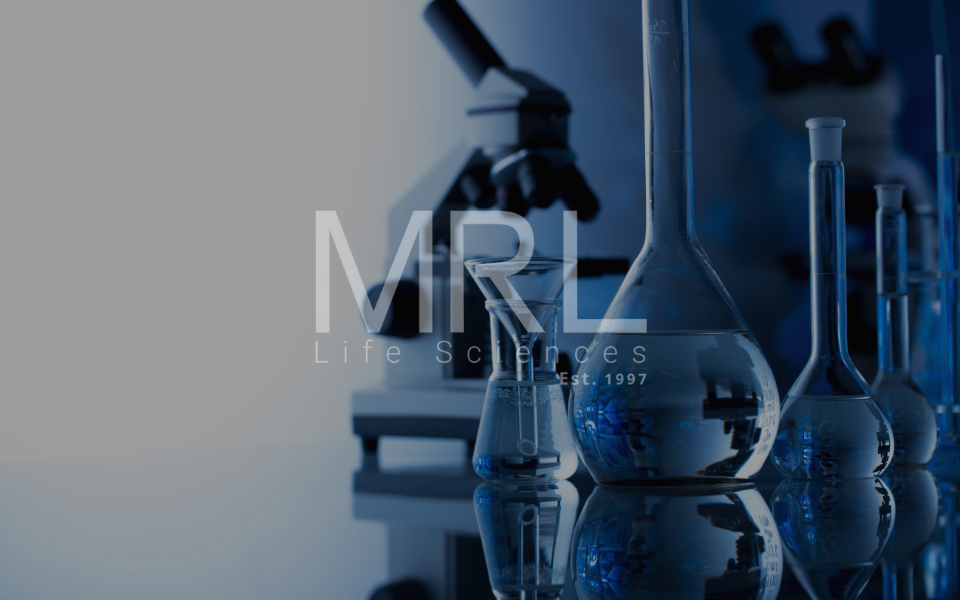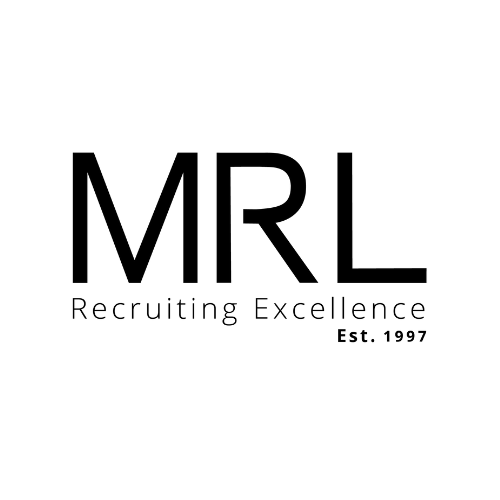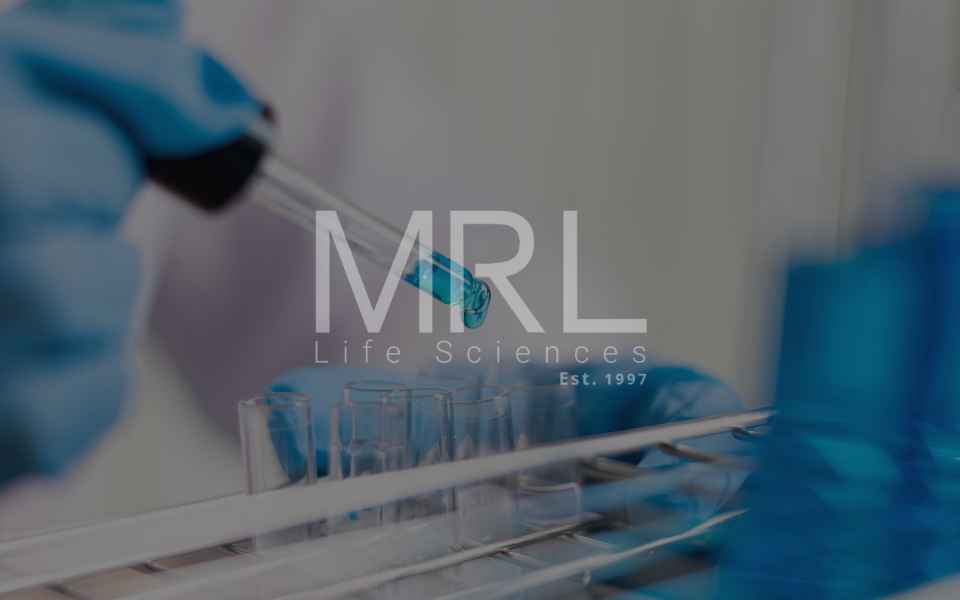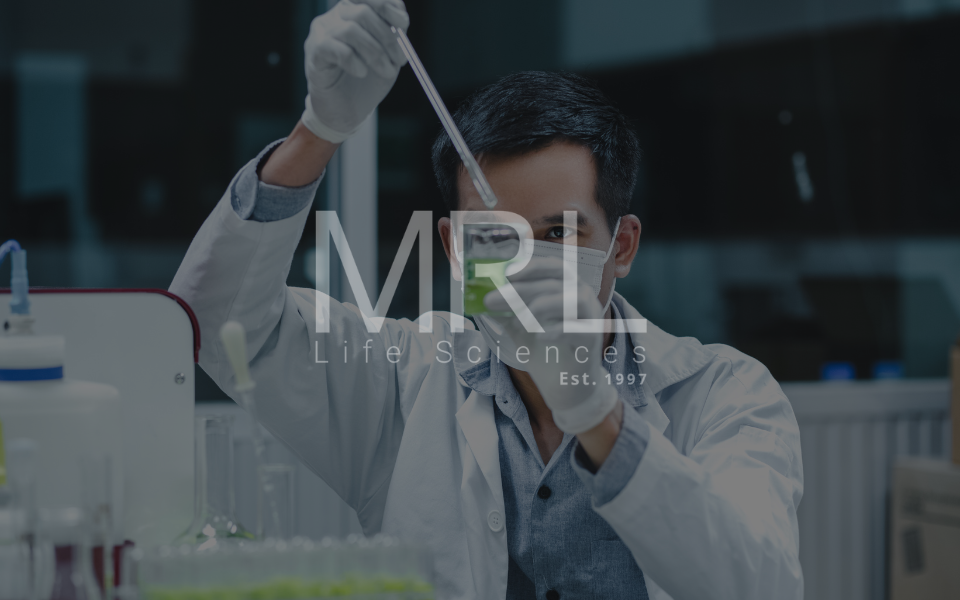Emerging Trends Shaping the Life Sciences Industry
26 Nov, 20245 minsThe life sciences industry is forever changing, driven by breakthroughs in technology, evolv...

The life sciences industry is forever changing, driven by breakthroughs in technology, evolving patient needs, and a deeper understanding of biology. From advancements in personalised medicine to the integration of artificial intelligence, the sector is embracing innovation at a remarkable pace. These shifts aren’t just reshaping how treatments are discovered and delivered—they’re redefining the future of healthcare as we know it.
The Key Trends Driving the Evolution of the Life Science Industry
Artificial Intelligence (AI)
The AI revolution is transforming both our daily and working lives. The life sciences sector is strongly benefiting because of this shift. With its ever-expanding wealth of data, the industry is perfectly positioned to harness the power of artificial intelligence. This is empowering scientists and clinicians to process vast, complex datasets with speed and precision.
As AI continues to shape areas like drug development, clinical trials, manufacturing, and foundational research, the life sciences field is set for extraordinary advancements. This is shown in the rise of precision medicine.
Outsourcing
Research and development investments, along with expanding clinical pipelines, are fuelling a growing demand for outsourcing within the life sciences industry. Companies are increasingly needing to rely on external partners to tap into specialised skills, advanced expertise, and additional resources. The market potential for outsourcing in this sector is huge and shows no signs of slowing down.
Supply Chain Focus
COVID-19 exposed weaknesses in supply chains, driving a push to strengthen and localise them. Onshoring is on the rise due to geopolitical tensions, with more business shifting from East to West. At the same time, Asian CDMOs, especially in Japan and South Korea, are emerging as industry leaders.
Countries like Canada are heavily investing in domestic capabilities to prepare for future pandemics. A biotech expert noted Canada’s strong R&D rebate program as a key factor in vendor selection, allowing businesses to recover significant research costs.
Personalised Medicine
Personalised medicine is a relatively new, groundbreaking shift in healthcare, focusing on tailored solutions designed around an individual’s unique biological, environmental, and lifestyle factors. This innovative approach emphasises prevention, diagnosis, and treatment strategies customised to each person. The field has advanced significantly thanks to the rise of sophisticated technologies like DNA sequencing, multi-omics analyses, 3D tumoroid models, and wireless health monitoring, which help uncover the distinct ways diseases develop and progress in different individuals.
Sustainability
The life sciences industry plays a significant role in environmental sustainability, due to its high demand for energy and resources. Notably, the pharmaceutical sector alone accounts for 4.4% of global emissions, with its carbon footprint set to triple by 2050 if no action is taken. Many researchers are actively working to address these challenges. Efforts include reducing hazardous waste, minimising disposable materials and packaging, improving energy efficiency in laboratories, and maximising the lifespan of tools and equipment before they’re recycled or thrown away.
Partnerships
The life science outsourcing market is highly diverse, with over 400 people in the biopharma CDMO space, offering businesses and investors a vast range of options. It’s essential for businesses to move beyond conventional fee-for-service models, focusing instead on strategies that maximise value while safeguarding their financial flexibility.
The life sciences industry is undergoing a transformative shift, driven by AI, personalised medicine, outsourcing, and sustainability. These trends are reshaping healthcare, offering new opportunities for innovation and growth. Strategic partnerships and stronger supply chains will be key to navigating future challenges.
Visit the MRL website today and explore interesting professional prospects within the life sciences industry.





